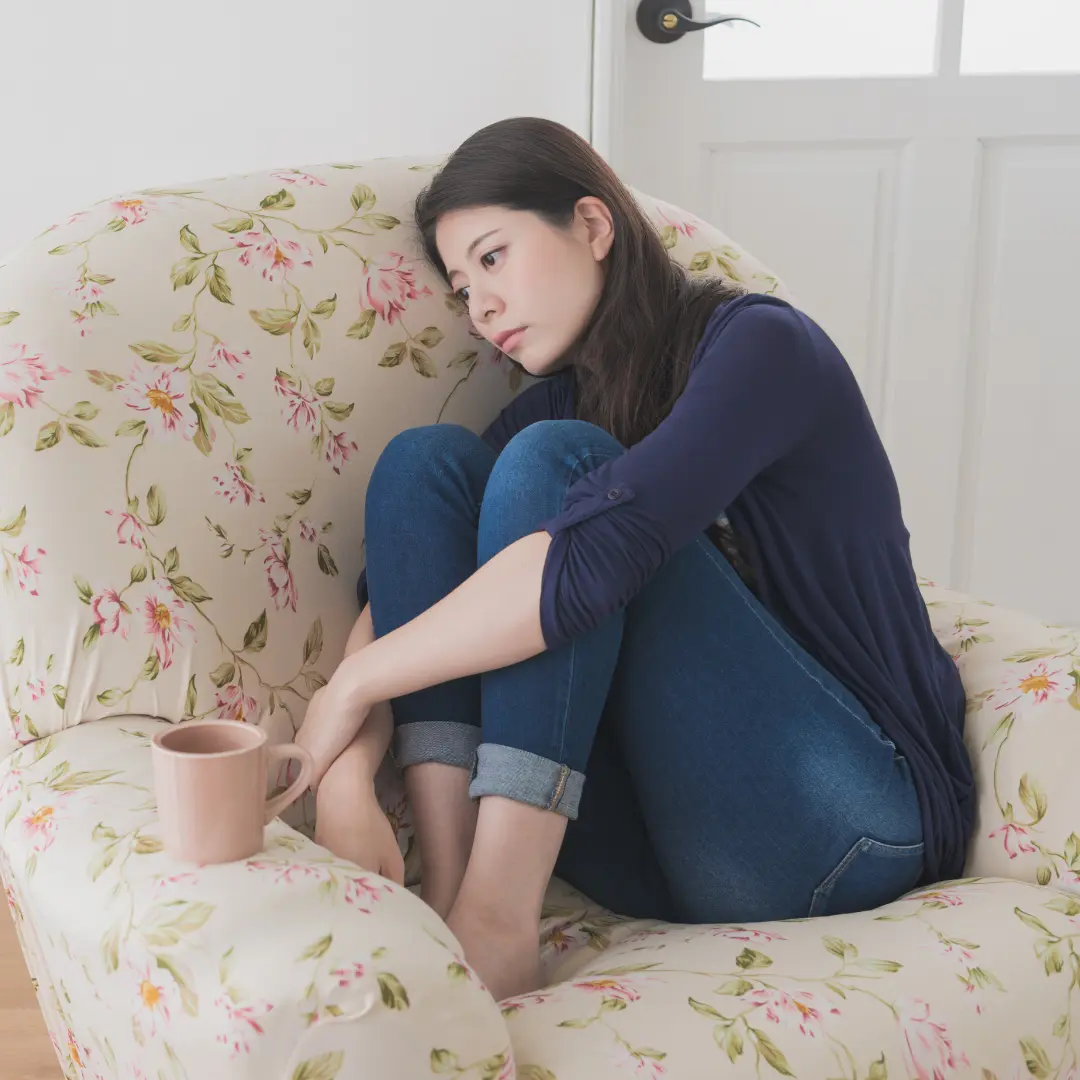Whether we’d like to admit it or not, families fight! According to studies on Healthline, it is simply natural for people who are often around each other, like families, to experience conflicts and intimate disagreements. We all have different personalities and reactions, so it’s perfectly normal to occasionally butt heads.
However, the issue here is when these family challenges become a regular occurrence and are left to fester. If left untreated, these conflicts can cause lifelong scars that may badly affect family relationships and interactions. So, the next time such an issue crops up in your family, here’s what you can do:
Practice active listening together
A lot of conflict stems from the feeling of being ignored. This is why active listening is very important in showing a family member that he or she matters and goes a long way to creating positive communication in the family. To practice active listening, make sure that whoever is speaking is given everyone’s full attention. This means stopping what you’re doing, making eye contact, and using reflection words that indicate you’re listening. Through this, deep-seated conflicts have a better chance of being tackled and resolved. Active listening is a powerful tool at any age, but especially when practiced with impressionable younger children. As explained by the Centers for Disease Control, active listening helps children share their problems openly. It also instills in them a sense of support that will remain with them as they get older. Over time, this will help initiate more meaningful conversations that are critical to overcoming problems.
Learn the power of agreeing to disagree
Whether it’s because of pride, embarrassment, or stubbornness, it’s not unheard of for conflicts to be drawn out because neither party wants to back down. But as important as it is to fight for your beliefs, sometimes it’s more powerful to simply respect each other’s opposing views. By introducing the idea of agreeing to disagree, you’re creating a neutral zone where nobody has to let go of their views. But this way of handling disagreements shouldn’t be misunderstood as a cop-out to resolution. Instead, this creates an opportunity for people to cool off, feel heard, and politely disagree with one another.
Encourage healthy conversation patterns
For many, conflicts are a result of negative habits. Have you noticed that you can sometimes predict annoying and frustrating events or situations that you get into with your family member? For most, even as we notice ourselves falling into these old habits that can cause relationship strains, they’re seemingly hard to completely erase. So, it may help to instead replacethese patterns with better ones. As a matter of fact, a conversations and confrontations expert from the USC Marshall Schoolsays that encouraging healthy conversation patterns can help avoid serious conflicts. This means instead of immediately responding in ways that would befit your old toxic patterns, you take time to create a response that acknowledges the other party while also more calmly stating your point. Most people respond to this maturity and generosity. In a family, this can start a chain reaction that sees people shedding old roles.
Approach a mental health counselor for guidance
Sometimes, no matter how well-intentioned we are, we need a third party’s help. This isn’t a sign of weakness, but rather a positive initiative that shows your family is serious about getting help. For family matters, among mental health experts that can impart holistic healing techniques are mental health counselors. Maryville Universityexplains how psychologists understand how the human mind works and are familiar with family dynamics. In fact, most counselors are skilled in developing communication, problem-solving, and empathy — which they then use to help families overcome difficulties. Though the idea of therapy may get some pushback at first, it’s important to understand that therapy is nothing to be ashamed of. If anything, it symbolizes a united effort to heal which is something to be proud of.
Establish your home as an emotional safe house
Regardless of age, many of us repress our feelings outside of the home. Unfortunately, this can cause negative feelings to get bottled up and explode at home. For example, this is usually what happens to teenagers, as discussed here by Coach Sheri. This is why, in order for your home to no longer be a dumping ground for negativity, try to establish it is a safe space for everyone. Members of the family should feel safe to express themselves at home without fear of judgment so long as they do so respectfully. By doing so, you can prevent conflicts that stem from outside frustrations, and you can also create a solid support system.
To be fair, not all disagreements are totally bad. By using the aforementioned mindful holistic approaches outlined above, such conflict can even be turned into invaluable teaching moments. Through this, your family unit can be stronger and more compassionate together than ever before.
Written by Ricci Jimena exclusively for Teen Wise







